TLT Roundtable: What About “Clean” Books? What does “clean” mean when we are talking about books?
Yesterday, Blink YA shared a post about “Clean” YA Reads. You can read it here.
As it always does, when this term pops up it sparks considerable discussion. Over time I have thought a lot about what this term means and my feelings towards it. And yesterday, I reached out to my fellow TLTers to ask their thoughts as well. Here’s a bit of the discussion we had and some of our thoughts.
Karen’s Thoughts:
Clean is a value label, a judgement of content. The opposite of clean is dirty. If books without sex are clean, then books with sex are “dirty”, and the people who read them must be dirty as well. And the teens who are having sex – and some of them are – well, they by extension must also be dirty. I’m very uncomfortable labeling a portion of the population that I have committed my life to serving with a negative label.
ADVERTISEMENT
ADVERTISEMENT
In addition, the idea of clean is far too subjective. What makes a book clean? Is kissing okay? Heavy petting? A discussion of sex? Fade to black sex? The answer to that question is different for every person. But if I tell you that as a book is clean and you read it and it doesn’t meet your definition of clean, then I have broken trust with you, the librarian-reader relationship is broken. You won’t ask me again to recommend books to you, and that’s a problem.
In the world of librarianship, our rallying cry is that we don’t operate “in loco parentis”. This means I don’t get to parent your children by deciding what is and isn’t appropriate for your child to read, and you don’t get to parent mine. When we start labeling the content of books, or worse – not selecting books because of content – then we are leaning more towards acting as parents as opposed to librarians.
The other truth about this label is, we all read differently. Two people can read the same book and notice entirely different things. Did you know that there is a cuss word in one of the Harry Potter books? I didn’t – until a patron came and complained to me about it. It just didn’t stand out to me at all when I read it, but it did to another reader. If she had asked me before checking the book out if it was “clean”, I would have said yes. But it wasn’t appropriate for her because it used the word Damn and she found that incredibly offensive. To me the book would have been “clean”, but to her it was not.
Telling someone that a book is clean feels like you are making a subtle promise: this book will be okay for you. That’s a scary promise to make to someone, because we don’t know how they will respond to the work. To me, the word “clean” expresses a dangerous bias.
Let me tell you a story. The other day, The Teen came to me and asked me a question: What is cum? I paused for a moment to think, because I wasn’t prepared for the question. “Where did you hear this term?”, I asked her. She read it in a book, of course. So in that moment we had a long conversation about what cum is, what happens in the book, and more. In fact, because of the book A Totally Awkward Love Story, we had no less then 3 conversations about sex as she came to me and asked me questions about what she was reading. I was talking to a friend about it and she said, “I don’t know that I could have those types of conversations with my kids.” But I was glad that we did. I was glad that she came to me and I answered because I want her to continue to come to me. I want her to ask the questions she asks – and she is going to have a lot of questions – and be able to answer them in the framework of our faith and our hopes and dreams for her. I would hate for her to go ask her friends or strangers on the Internet. Those moments happened because of a book. This book was by no means what those who use the label would consider “clean”, but it helped me to mold and shape my daughters knowledge and attitude towards sex and relationships. To me, that’s not a bad thing. The book wasn’t “dirty”, it was a tool for questioning and discussion. I respect that there are parents out there who would not want their child reading that book, but I’m glad that it was there for my daughter to read so that we could have those conversations. And I would hate for someone to label my child as “dirty” because she read that book and asked those questions, because that is damaging. It would be damaging to her sense of self, her sense of place in this world, and her views about sex and her sexuality.
Ironically, just yesterday I had a chance to really examine how I would answer the question: so how do you help teens find books appropriate for them? I had a grandmother come in with her 15-year-old grandson asking for “age appropriate” reading for him. I took them to the teen section and we talked a little bit about what he liked to read. When asked about content I pointed out that these were books about teens, and that they tended to think and talk about the things that teens do. I told her that if she was concerned about content then she might want to read the books first or read online reviews. We talked about a few specific titles. At the end of the interaction, everyone was satisfied.
Let me tell you another story. One day last year, two Amish women were with a circulation clerk in the teen area. They had asked for horse stories for their 12-year-old daughter/sister and the clerk had printed off a list of books with the subject heading “horse”. She was in the process of handing them the title The Scorpio Races by Maggie Steifvater, because it does indeed have horses. But this is not the type of horse story they were asking about. Not because there is anything wrong with the book, but because when Amish parents ask for horse stories for a 12-year-old they don’t mean stories about horses that come out of the water once a year and participate in a violent race. So I went in and started talking to the parents, asking them what they were looking for. I told them what the book was about and they made the decision not to check out that book. I then helped them find books that were the types of horse stories they wanted to read. This past year we set up a huge “Horse and Buggy” collection because we have a large Amish population and they have very specific reading interests. That’s okay too. We help meet their needs without using labels that may infer a value.
ADVERTISEMENT
ADVERTISEMENT
Here’s another important thing to consider when we start talking about “clean” YA reads: I have not and can not read every book that comes in and out of my collection. I read a lot, as you know, but even I will never read it all. So often times I find myself talking with patrons about books and the only answer I can give them is, “I don’t know, I haven’t read this title.” I can show them how to look up the subject headings and reviews, but that doesn’t mean that the book has no sex. Many books are not about sex but the main characters still talk about or have sex. Many reviewers won’t mention this because they feel differently about sex than the reader does. This all goes back to every reader is different and everyone reads each book differently. If I have read a book and am asked, I have no problems saying “yes this book has sex in it”, because I have answered a direct question that I know the answer to and am not expressing a value judgment. But I don’t always know the answer to that question, and “I’m sorry I haven’t read this book” is an equally valid answer.
I’m very happy to talk about themes, setting, characters, etc in a book. But I personally draw the line when it comes to making value judgments about content. And to me, “clean” is a value judgment. When we say clean we automatically have an emotional response to that word; we have specific and personal expectations that we associate with that word. So I don’t use it.
Robin’s Thoughts:
What do you mean by clean? No romance at all . . . no kissing . . . no touching . . . no sex? For adults or teens? I do feel like asexual individuals should be able to find romance free reads, but that’s not really the question here, is it?
Amanda’s Thoughts:
Look, I get what is meant by “clean.” So do you. I don’t have to waste my breath (or rather my typing) to tell you why I can see how it might be a useful type of shorthand for a particular person/reader. But I hear “clean reads” and I shudder. All I *really* hear is the implication that it’s not “dirty,” that everything not billed as a “clean read” is dirty. That you, teenager who swears or drinks or has sex (or kisses or gets in trouble or makes any of the million missteps and mistakes that we all make that may be viewed as “bad”), are dirty. You’re to be censored. You’re shameful. You’re forbidden. You’re to be avoided. Telling me a book is “clean” is like telling me someone is “nice.” Barf. Boring. And? Also meaningless. Who decides what “clean” is? Calling something “clean” in this context is implying safe and appropriate. Says who? I hate to be the one to break it to you, but life isn’t CLEAN. To think or assume that it is is a gross misunderstanding of the reality of many teens’ lives. And while I understand that there are people who may want to read “clean” books—or, more likely, parents or other gatekeepers who may want teenagers to be reading “clean” books—you’re ultimately not doing anyone any favors by blocking out very real parts of life. You’re not “protecting” readers. It’s just a book. They’re just words. It’s just made-up characters in fictional situations making fictional choices. Books aren’t manuals for how to be or what to do. But they are pretty useful ways to vicariously experience different situations, to see characters behave in ways you might not—or characters behave in ways you might—to explore, to judge, and to absorb. So if you want to ask me if a book has swear words, or characters have sex, or if someone drinks, go ahead. I can answer those questions. That’s totally fine. You’re entitled to know those things and make your choices. But don’t ask me if it’s “clean.” I’ll probably sprain my eyeballs from the effort it will take to resist a major eye-roll, flip through the book to look for any visible dirt marks or Cheeto fingerprints, and let you know, yep, looks clean enough to me. My house needs to be clean. My books need to be just as complicated and “dirty” as real life can be.
For more thoughts on this, check out this Oral History Podcast by Christa Desir and Carrie Mesrobian on the topic of “clean” reads:
Filed under: Professional Development
About Karen Jensen, MLS
Karen Jensen has been a Teen Services Librarian for almost 32 years. She created TLT in 2011 and is the co-editor of The Whole Library Handbook: Teen Services with Heather Booth (ALA Editions, 2014).
ADVERTISEMENT
ADVERTISEMENT
SLJ Blog Network
Newbery/Caldecott 2026 Spring Check-In
Remember (the) Maine: A Stroll Around Kittybunkport with Scott Rothman
5 Unlimited Access Digital Comics to Boost K–8 Reading | Sponsored
When Book Bans are a Form of Discrimination, What is the Path to Justice?
ADVERTISEMENT


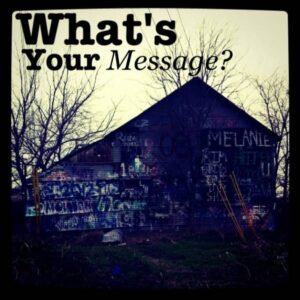

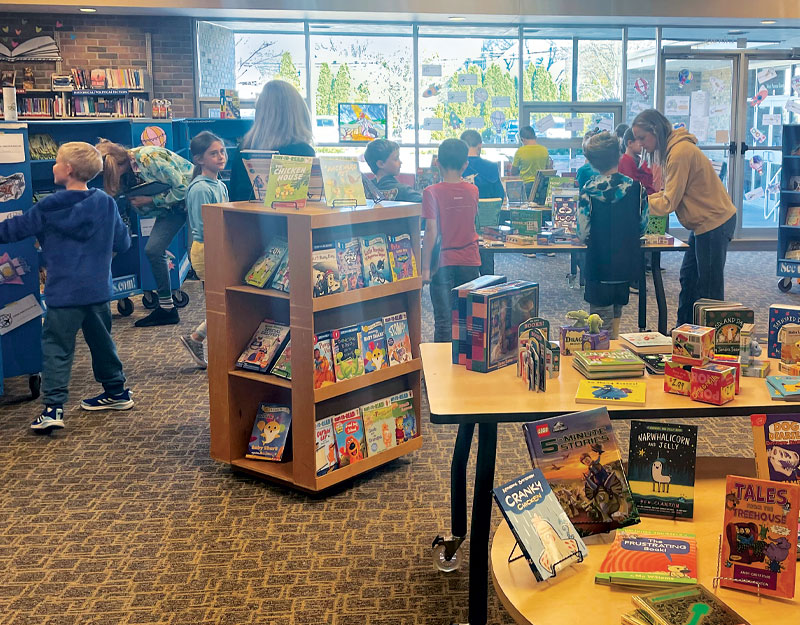
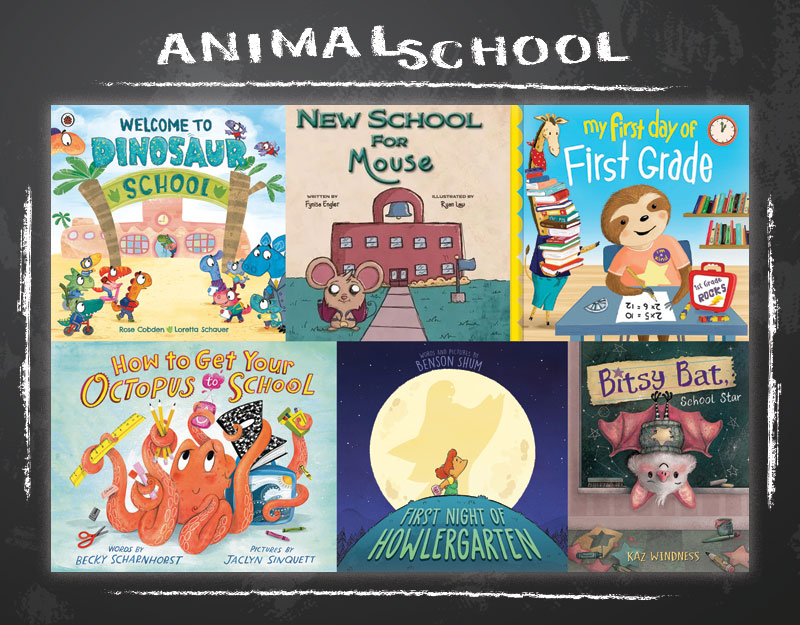
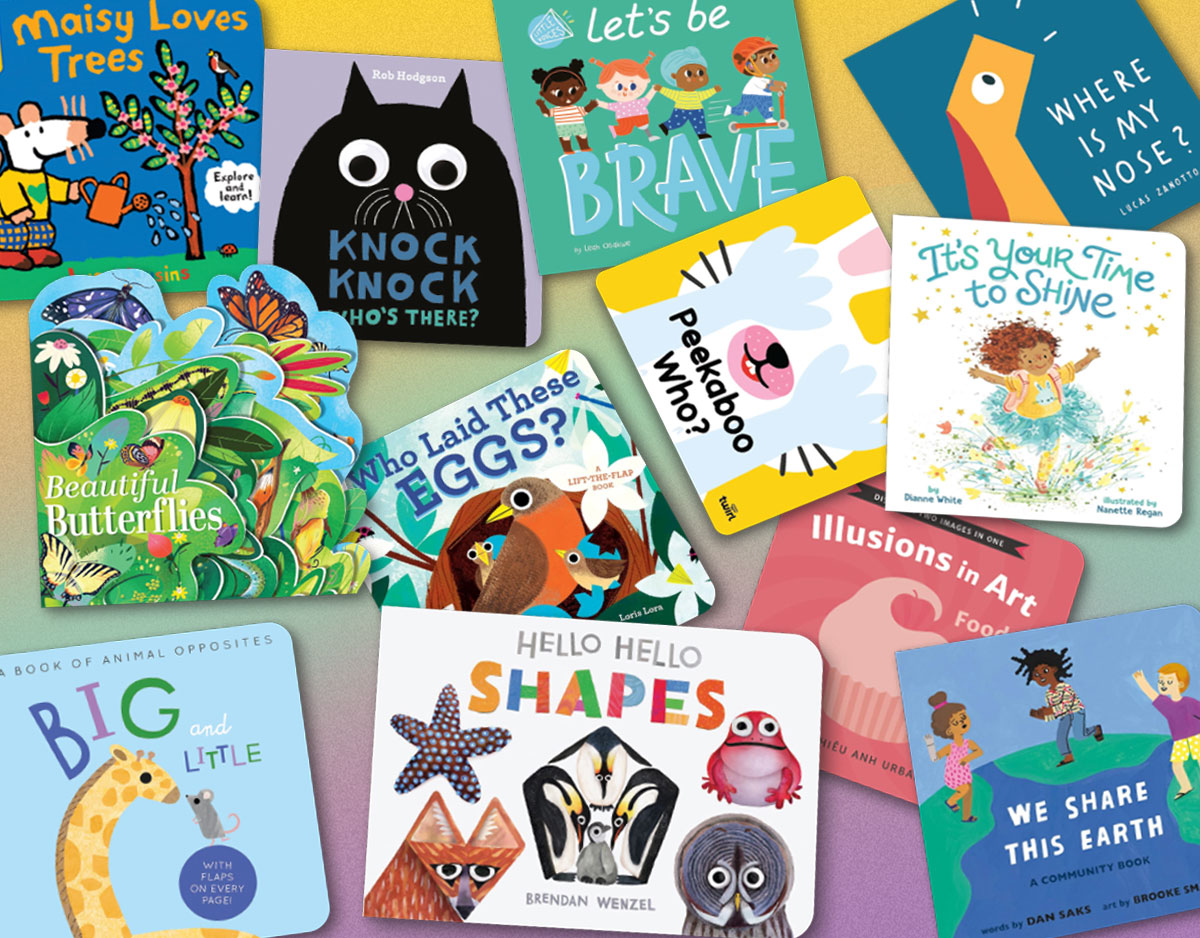
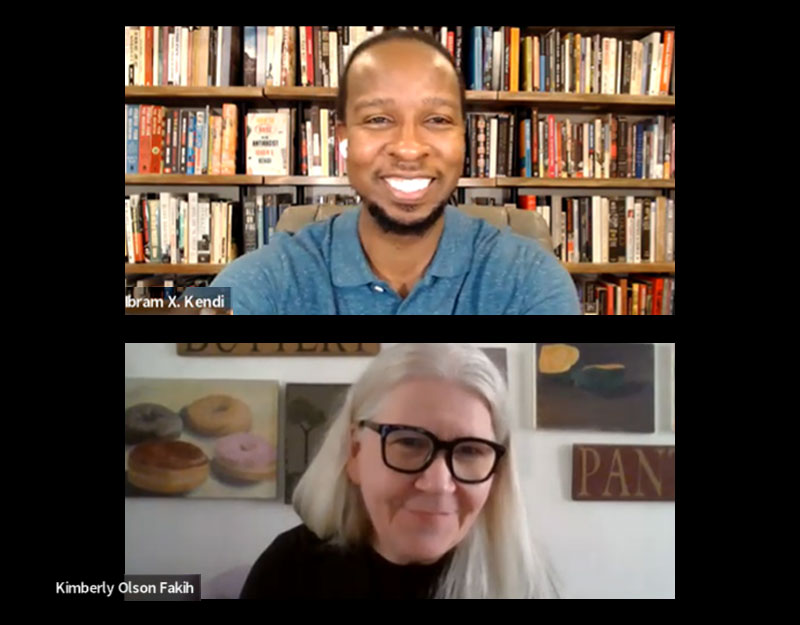
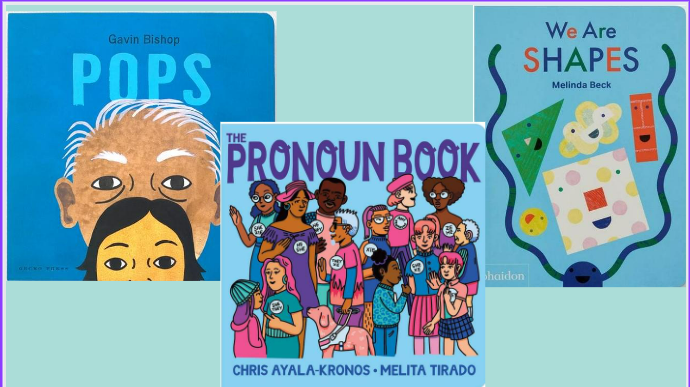
Thank you for this! As a librarian who has created “gentle reads” book lists in the past and who has struggled with terminology, the dirty vs. clean dichotomy, etc it’s great to hear others’ thoughts on it. I think that “clean” vs “dirty” reads also creates an unnecessary dichotomy between readers. Plenty of the teens I work with (and myself as a teen!) comfortably go between all kinds of books, with all kinds of topics, language, and levels of sex. Is it a hard week and you just need a comfort read that feels like a soft fluffy blanket? A book that feels like a glass of cold water in the face? It’s not just different books for different readers, but also different books at different times.
This is great – helping readers find the right book requires more than a label – it truly requires a discussion. I’ve seen the term “green light reads” as an alternative to “clean,” but stories that are complex are likely to at least touch on something that will make someone uncomfortable. I like Karen’s story about how a book led to questions and discussion with her teen – those are the best moments.
While the term “clean” as used here does indicate a value judgement, the fact that the patron is looking for a book within their values deserves the same respect as any other request. If you owned a restaurant, and a Jewish or Muslim customer ordered a turkey sandwich, are you going to roll your eyes and say “You don’t know what you’re missing with the pulled pork?” As librarians, our job is to provide materials and resources for all our patrons, free of judgement on our end. Do you think that if, instead of just using your professional knowledge regarding the sort of books that are probably being requested, you make a lot of comments about cheeto stains or question the patron about how much sex qualifies as dirty, the patron would ever ask for your help finding a book again? Chances are, they would feel uncomfortable even going into the library.
I actually provided examples of myself interacting with patrons and helping them find the materials they were looking for without using the term clean, so I am not in any way disrespecting a person’s request or reading needs/interests. In fact, I state that part of the problem with the term is that what is clean to me may not be clean to another person. I think the best RA occurs when you can talk to a patron and better learn what it is they are looking for and help them find it. To me, books without sex or books without cussing or whatever would be a better list then “clean” books – no sex is not a value judgment, just a statement of fact: this book has no sex. But I would have to read each one to make that determination before I put it on a list or a poster because I wouldn’t feel comfortable taking the word of others because they may have skipped over something that stands out to me. But talking to someone one on one, I can get a better idea of what I feel comfortable suggesting based on their wants, needs and interests.
Getting more information regarding a patron’s needs and wants absolutely does make RA better, and taking that effort to give the Amish family the book that they really wanted will keep them happily coming to the library. In my experience, though, terms like “clean,” “age-appropriate,” or “kid-friendly,” tend to be used by folks who really want to avoid using the word “sex,” and I can sympathize with that, as not everyone wants to bring up the term in front of their grandson. I just pass over whatever microaggression the term may be in this day and age and offer such suggestions as I can. Doing just what you did with the grandmother, recommending she read the books ahead of time or check reviews, will help alleviate the potential for disagreements over “cleanliness.”
Very interesting discussion. As a middle school teacher, I feel that we are subtly encouraged to censor our collections (classroom and library) not to ‘protect’ the kids, but to avoid getting in trouble with parents. (I’m a bit jealous that librarians are able to state they are not in loco parentis!) It really is a case-by-case thing in terms of what a reader (or their family) is comfortable with. I know a young man whose parents forbade Harry Potter because of “witchcraft” but had no problem with him reading Lord of the Rings. How on earth would a librarian or teacher be able to guess that?
I really resist the idea of adults telling kids what they “should” and “shouldn’t” read. Most of us discover our preferences through reading for ourselves. If I’d never read Flowers in the Attic back in 8th grade, I wouldn’t have known for sure that I never want to read another V. C. Andrews. I love dark, twisty mysteries and didn’t bat an eyelash at the Dexter series, but one Ann Rule book was all it took for me to determine that I can’t handle true crime.